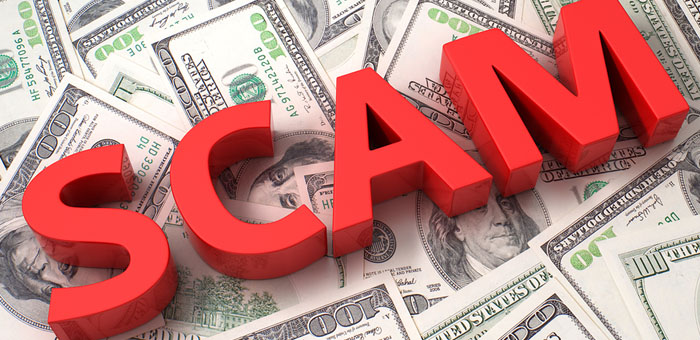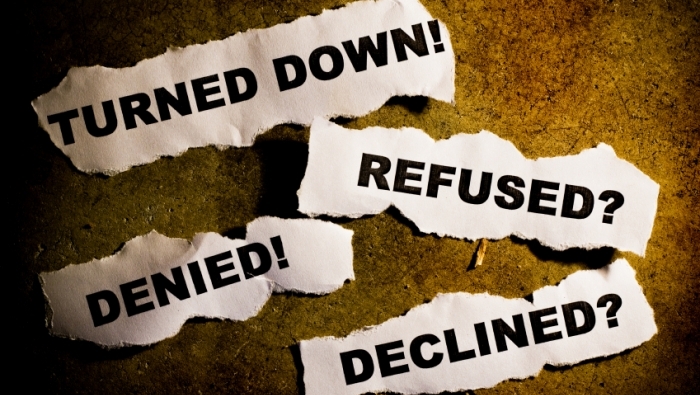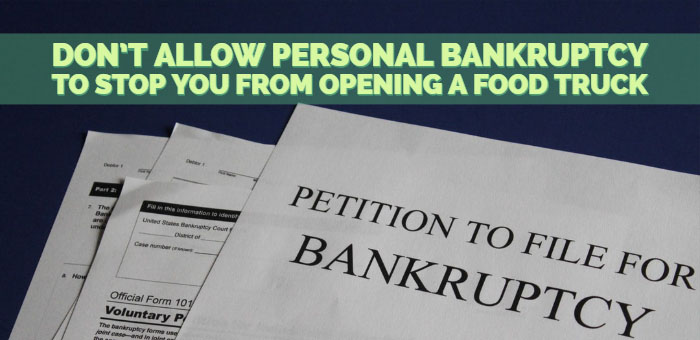According to complaints filed with the Better Business Bureau, victims across the country have lost a total estimated quarter million dollars to online lending scams recently. Online lending scams scams target individuals and small business owners who are desperate to get a loan and often take the victim for thousands of dollars.
Despite recent improvements, the economy continues to provide a great opportunity for scammers to take advantage of struggling individuals and small business owners. Lending standards remain stringent at most banks and many cash-strapped individuals are turning to fraudulent lenders that promise loans regardless of your credit history.
“Schemes preying on people looking for loans are not new, and they are flourishing in an economy when so many are struggling to get by,” said Stephen A. Cox, President and CEO of the Council of Better Business Bureaus. “The complaints received by BBB are only the vocal few and we know from experience that many more people across the country are falling for this scam every day—just when they can least afford it.”
BBB has recently received complaints about advance fee loan scammers operating under more than 75 different names including Capital Alliance Financial Group, Harford Financial Services, Howard and Clark Financial, Lending Hand Financial, among others.
Most people stumble upon online lending scams or learn about the bogus loan offer from ads in local Thrifty Nickel publications and online through classified sites like Craigslist. Often, an online lending scams will be created and taken down within a couple weeks only to be replaced by another operating under a different name and fake business address.
The websites look professional and might even put the victim through the rigors of filling out loan application forms—often requiring the victim’s bank account and Social Security numbers. Eventually victims are told they are approved for the loan and just need to pay as much as thousands of dollars upfront via money order or wire transfer to pay for insurance or collateral. Those that pay, never get the promised loan and are even sometimes tricked into giving the scammers even more money.
BBB Red flags of an advance fee online lending scams:
- The lender has a bad reputation—or none at all. Research the lender thoroughly online and with your BBB. Most trustworthy lenders have an established track record; be wary if you can’t find much information about the lender online.
- The lender is not registered in your state to do business. Check with your state financial or banking regulators.
- The lender asks you to wire money or send a money order—such as for insurance or collateral—before you can receive the loan. You might be told to wire money to another country, consider this yet another red flag.
If you’ve become a victim of online lending scams, contact your local Better Business Bureau and report the incident to your police department. You can also share your experiences in the comment section below or on social media.




